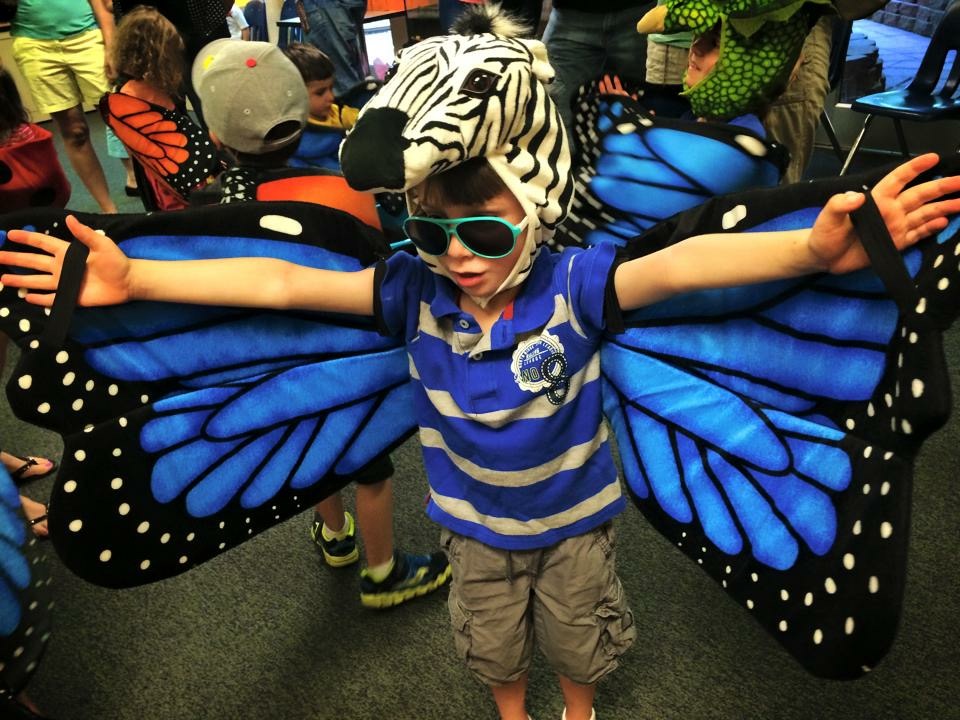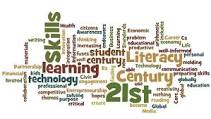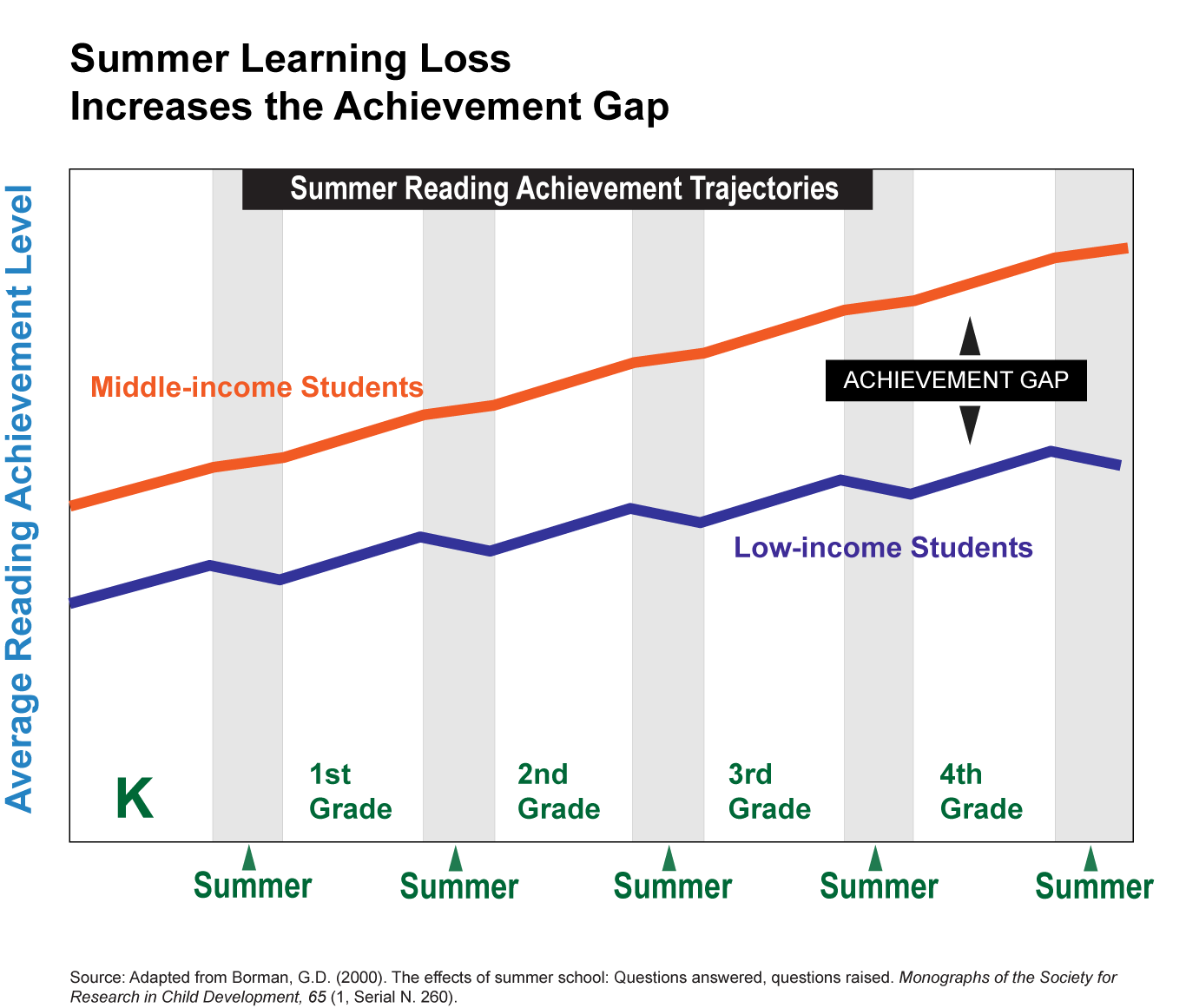
School Bells Will Be Ringing
The new school year is about to begin for students of all ages. How does one prepare for the new year? Do you ignore it

The new school year is about to begin for students of all ages. How does one prepare for the new year? Do you ignore it

Do children/students need more time outdoors? Are schools and parents doing enough to teach about nature and its importance? There appears to be a disparity

Who is responsible for teaching ethics to students of all ages? Should they be taught and reinforced in schools or should parents alone have the

Are children being taught to be good citizens at home and in school? Exactly what is good citizenship? Citizenship has two simple meanings. It is

Today’s schools are showing much improvement in educating girls in the subjects of math, science, technology, and engineering despite the gap in gender equality. The

Too often we talk about 21st century schools, 21st century education, 21st century skills or 21st century learning – all of which are the same.

It’s that time of the year when parents scramble for activities to keep students busy, both physically and mentally. If your child doesn’t find a
So your child or your students are proficient on their state administered test. Well, exactly what does that mean? How do states differ from each
Micromanaging eventually crops up in everyone’s career or life at some point. Whether it’s from HR, a superintendent, supervisor, teacher, school board, legislature, or a

How important is feedback from the workplace, parents, teachers, and coaches when it comes to students and children? Which type is most effective? Advice, evaluation,